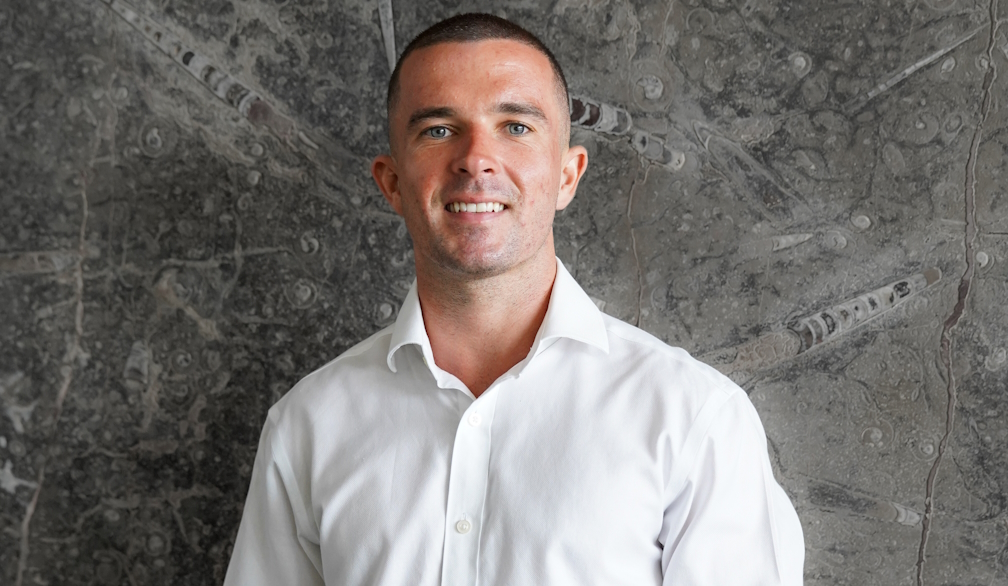Tech Entrepreneur Reveals How VR Will Change Social Media Shopping

In the coming months, consumers will step into virtual stores, try on clothes without changing a single outfit, and explore products in 3D without leaving the comfort of their homes. The lines between the physical and digital shopping experiences are blurring, and the implications are profound for businesses and shoppers alike. However, a young tech entrepreneur has revealed it will get even simpler, revealing insights into the evolving social media shopping world and how VR is here to change the game.
Shop tiles for e-commerce brands have become increasingly popular over recent years as shopping trends and buyer behaviours continue to evolve. Shop tiles are the latest craze, allowing consumers to shop products or outfit selections featured in one post with a click of a button.
E-commerce post Covid has seen a significant change to buyer behaviour, with over 30.3% consumers purchasing products online through social media*. Nearly half of the small businesses in Australia by 2023 have pivoted their approach to business in response to the pandemic, with a distinctive shift towards online shopping to maintain market share**.
Jackson Meyer, CEO of virtual reality platform Fidelity Apps and young tech entrepreneur, reveals as social media continues to evolve, VR will allow for a new immersive shopping experience that increases brand relationships with consumers and strengthens purchasing behaviour:
Immersive Shopping Experiences: businesses can explore how VR is giving rise to immersive shopping experiences, allowing consumers to interact with products in entirely new ways. Virtual try-ons, 3D product visualisations, and virtual showrooms are just the beginning.
Social Shopping in VR: where consumers can actively roam through a shop straight away on their phones, with one click of a button from social media shopping tiles, leading to highly personalised recommendations and a more tailored shopping experience.
Cross-Platform Integration: exploring the seamless integration of VR and AR with social media and e-commerce platforms, allowing consumers to transition effortlessly between virtual and real-world shopping.
"The adoption of virtual reality (VR) and augmented reality (AR) in the realm of shopping is not just a trend; it is a fundamental shift in the way consumers engage with products and brands. As these immersive technologies continue to become more accessible and user-friendly, businesses must adapt to remain competitive. Understanding how VR and AR are changing the way we shop is essential for consumers, businesses, and the broader retail industry," said Jackson Meyer.
These immersive technologies are ushering in a new era of shopping, one where consumers can explore, interact, and make purchasing decisions like never before. As businesses adapt to these evolving trends, the retail landscape is undergoing a transformation that promises enhanced engagement and personalisation.







